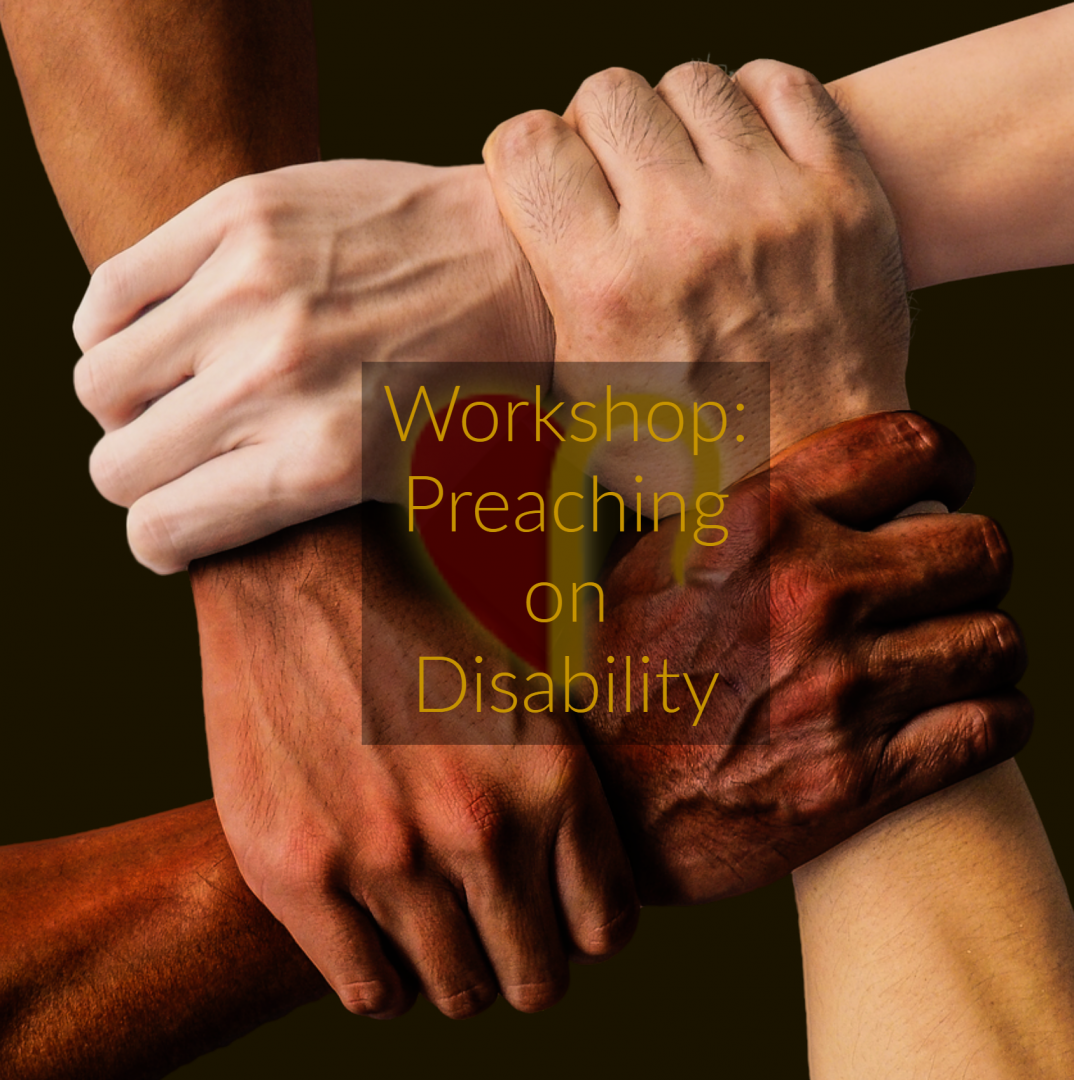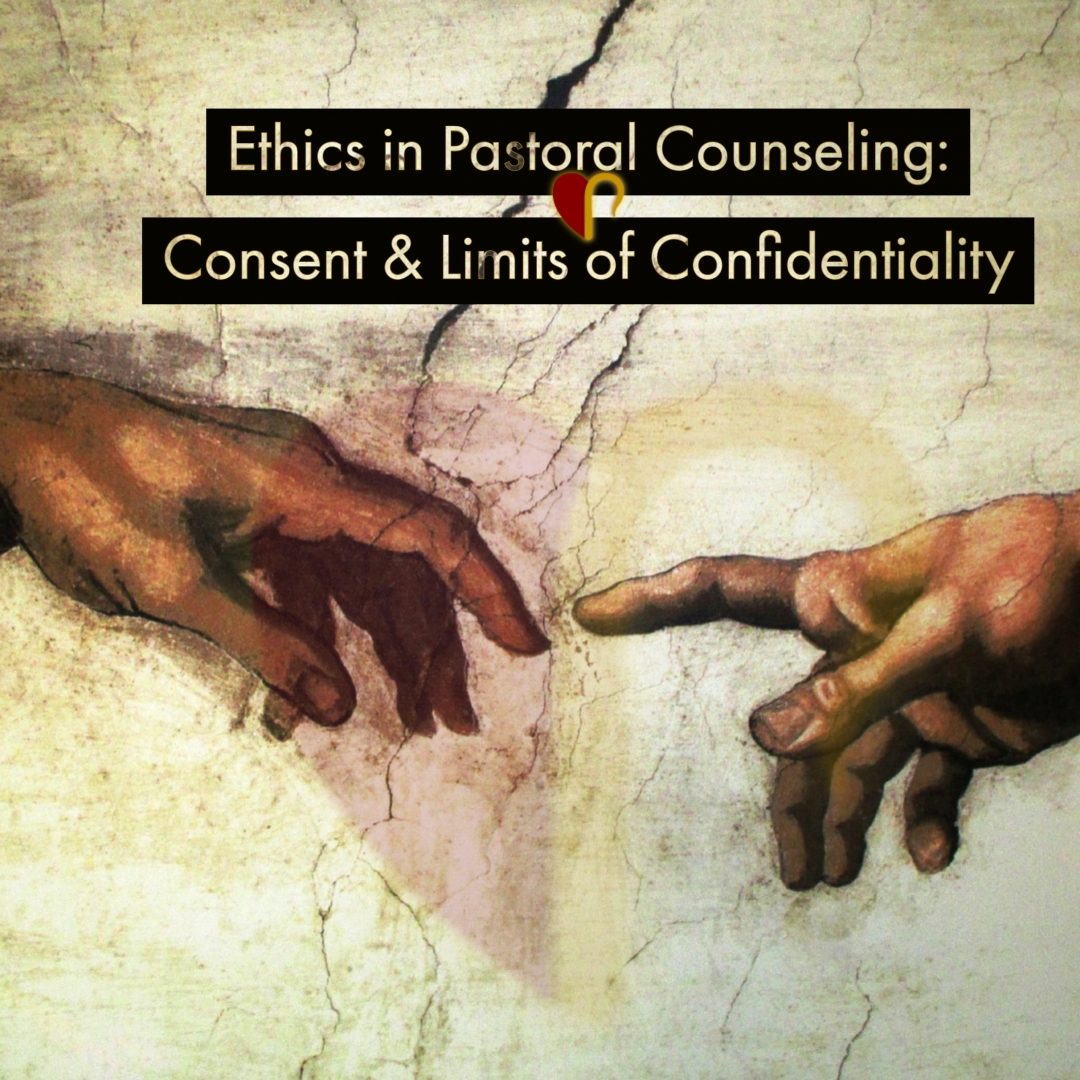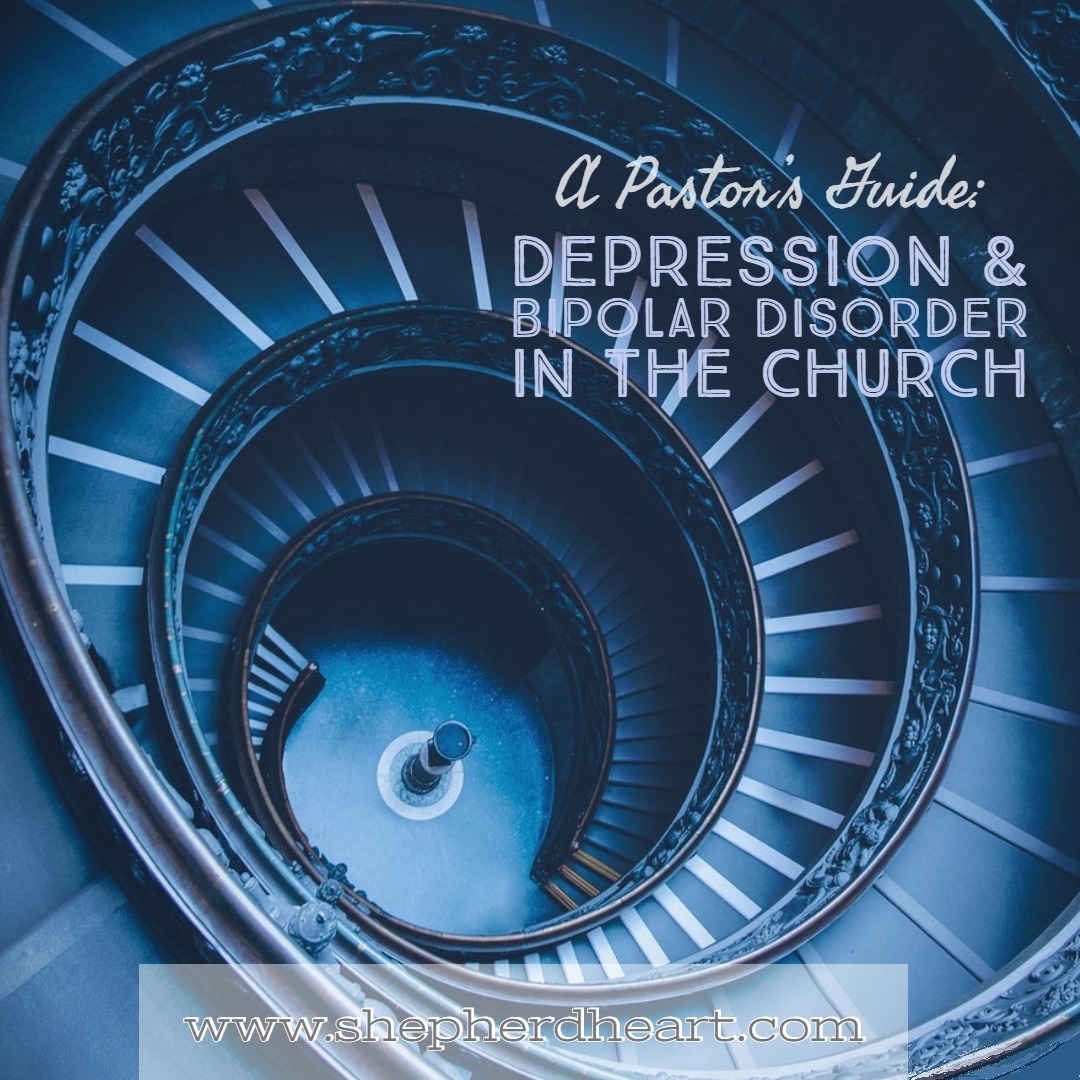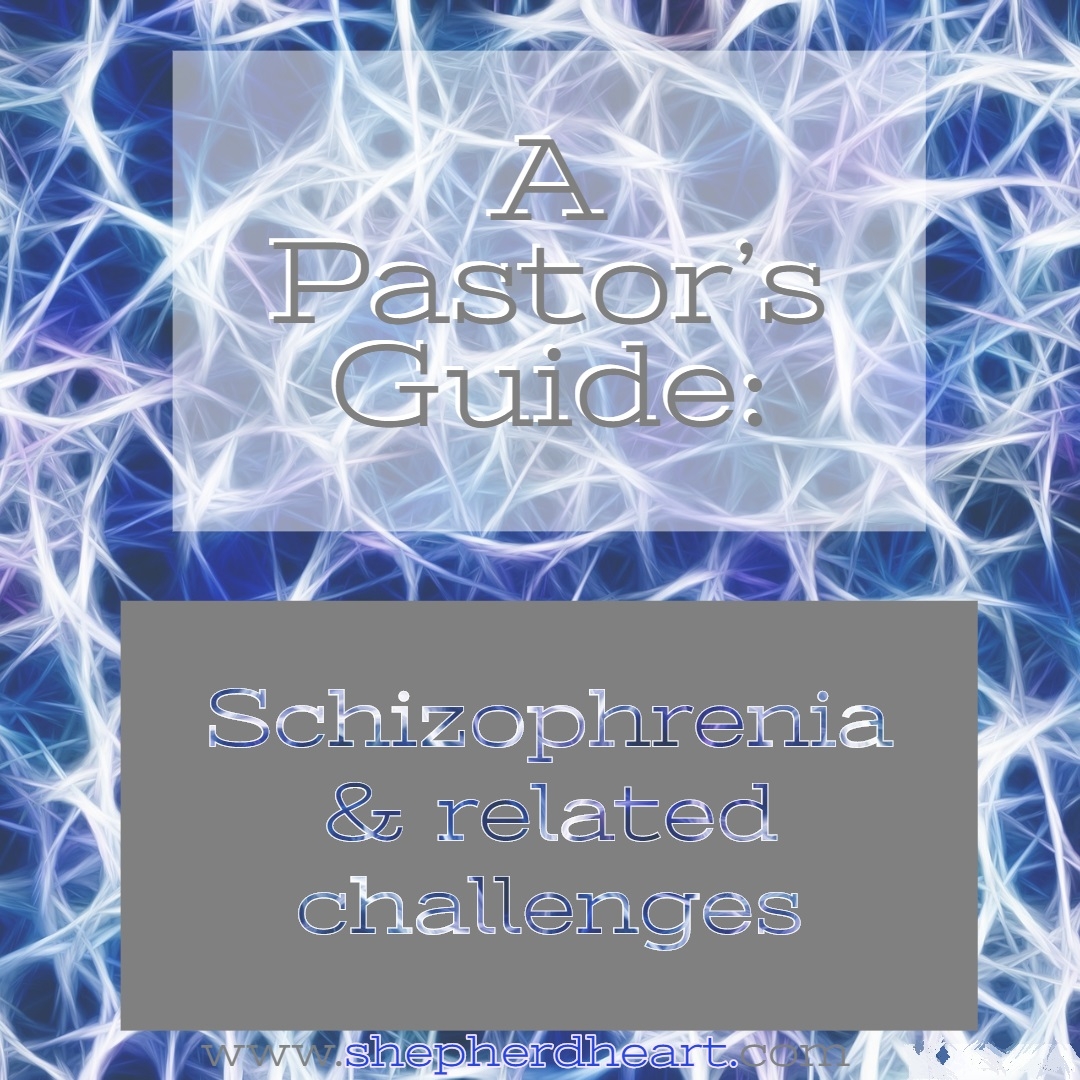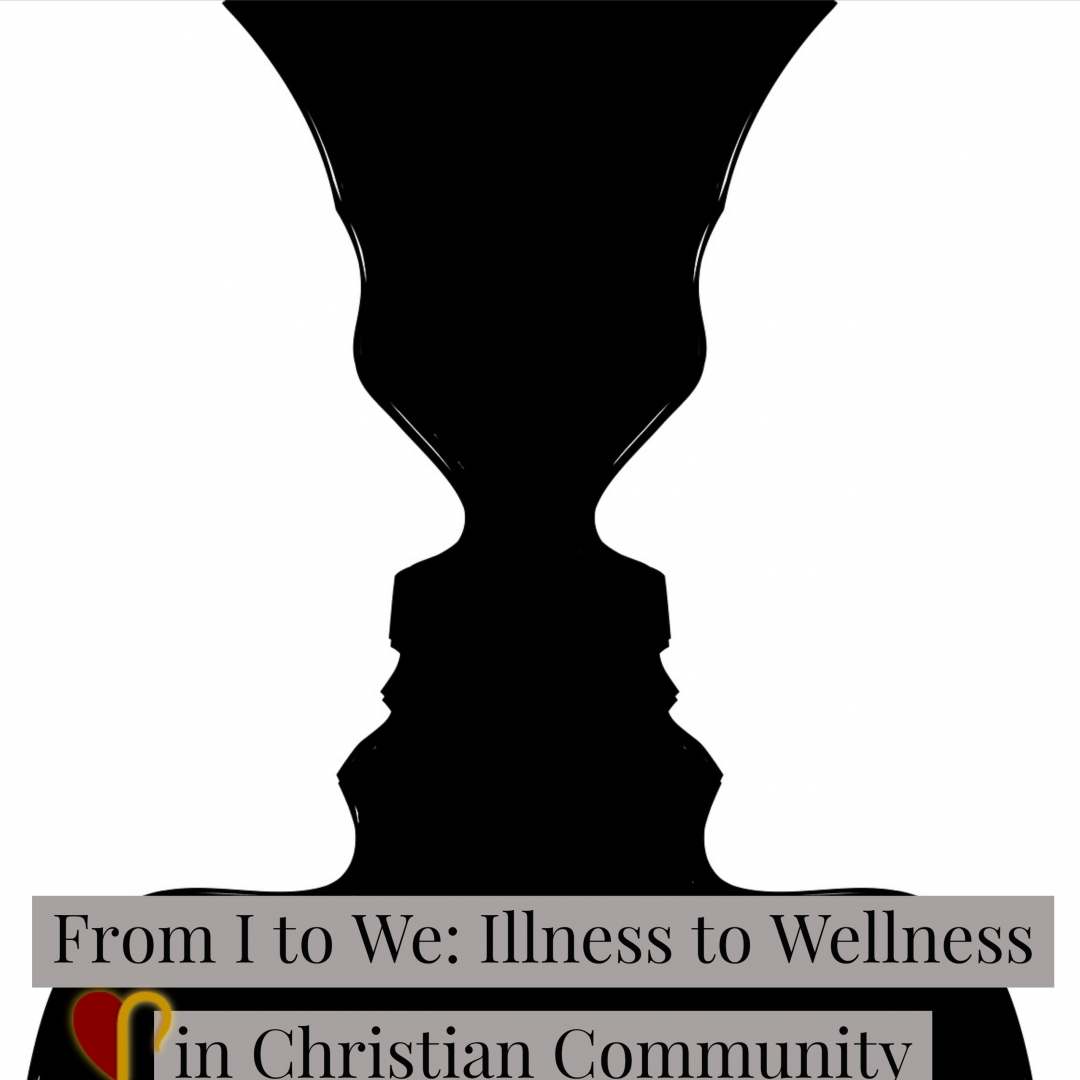Psychoanalysis & Christianity
by Dr. Brad D. Strawn
Psychoanalysis has come a long way from Freud and the caricature of patients laying on couches struggling with unconscious wishes of sex and aggression. Yet, some concepts remain, such as the role of the unconscious, transference, defense mechanisms and symptoms often being a sign of deeper issues. Today, contemporary psychoanalysis embraces scientifically demonstrated findings such as the impact of early attachment styles on later adult functioning. And the scientific literature from cognitive science confirming that we are often unaware of aspects of ourselves which nevertheless influence our thoughts, feelings and behaviors. Psychoanalysis has even been submitted to empirical studies, demonstrating that as a treatment modality it is at least as effective as other forms of therapy.
Today fewer therapists will claim that they are psychoanalysts (a process that requires certification via a lengthy training process), but many will practice psychoanalytic or psychodynamic therapy. This typically implies (a) a belief that the past influences the present in ways we are often unaware (developmental lens), (b) persons protect themselves from knowing or feeling painful aspects of themselves which actually causes them problems (defense lens), (c) historical events from the patient’s past are exposed and worked through in the present with the therapist (relationship lens), and (d) therapy is often a slow and gradual process.
A major change in psychoanalysis, which has created the opportunity for a new conversation with religion, is in the area of motivation. Whereas early psychoanalysis believed humans were motivated by two main drives, sex and aggression, contemporary models understand humans to be relationship seeking and meaning making creatures. Freud thought religion was a “wish fulfillment” and God was nothing more than father images projected up in the clouds. The move to a relational model suggests that religion can be a natural and healthy outcome of normal development. These changes have allowed fruitful and mutually influencing conversations between psychoanalytic and theological anthropologies. For example, contemporary psychoanalysis has posited that humans naturally create God images (internal models of God), as the outcome of early experiences with caregivers and religious traditions. These images can be for good or ill, and the theory has been corroborated by empirical research leading to suggestions for how to therapeutically help patients transform their God images. Studying the development of God images is not to make ontological claims about the existence of God, but it may offer help in deepening and enriching one’s relationship with the true and living God.
Perhaps most important for Christianity is the aforementioned scientific findings that that humans are often unaware of their motivations, feelings and thoughts, or what fuels their behavior. This has confirmed long-held psychoanalytic and theological views about human self-deception. Psychoanalysis offers a therapeutic context in which to become aware of these disavowed self-deceptions as they emerge in the context of therapy. In becoming aware, patients may obtain greater emotional understanding, flexibility, new meaning making systems, freedom of choice and behavioral options. In this sense, psychoanalytic therapy can be understood as a means of grace in the ongoing process of spiritual formation.
Brad D. Strawn, PhD is the Evelyn & Frank Freed Professor of the Integration of Psychology & Theology at Fuller Seminary, Graduate School of Psychology. He is a licensed psychologist (PSY17617), and has received advanced training in psychoanalytic psychotherapy. He is an ordained elder in the Church of the Nazarene. He can be reached at his office in Pasadena, California: 626-584-5330.
Current or Upcoming Ministries & Events:
Shepherd Heart maintains a national database for therapy referrals. Pastors looking for therapy referrals for themselves or parishioners can visit here, or call SH for a much larger list.




